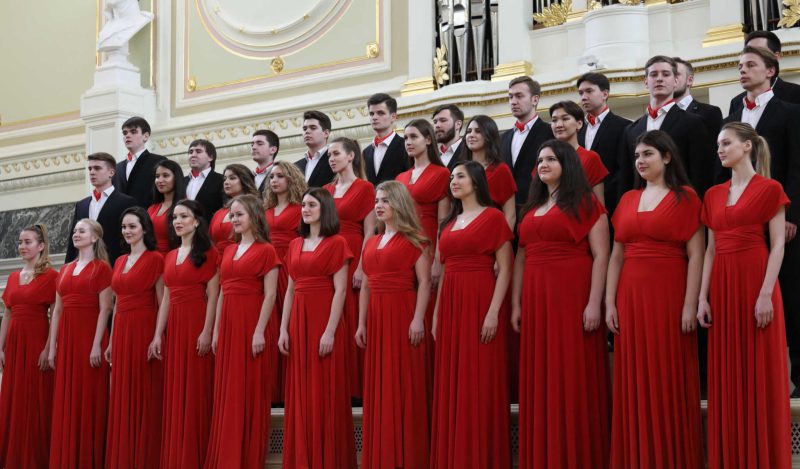Readers will recall the ban on singing of all kinds during the lockdowns and even after they were lifted because singing was supposedly a ‘transmission risk.’ Turns out, this typical piece of Covid hysteria was based on a flawed study. The Church Times has more.
The ban arose out of reports in the United States in March 2020 that 52 of 61 singers who attended a rehearsal of the Skagit Valley Chorale, in Mount Vernon, Washington, had subsequently contracted Covid. The source was judged to have been a chorister at the practice who later tested positive for the virus, and was considered the super-spreader.
The Los Angeles Times carried the headline: “A choir decided to go ahead with rehearsal. Now dozens of members have COVID-19 and two are dead.” An investigation by the county’s public-health officials was referred to in other scientific papers and widely disseminated, and, with a growing consensus that airborne droplets were spreading the virus, all indoor singing was banned.
It dealt a serious blow to many choirs, both professional and amateur. Scientific study accelerated. Two lay vicars from Salisbury Cathedral took part in rigorous trials at Porton Down, the MOD’s Science and Technology laboratory, to test how far airborne droplets could travel. These, and other studies commissioned by the Department for Digital, Media, Culture and Sport, were reported eventually to have given the Government confidence to reconsider appropriate mitigations.
Now a review of the Skagit case by scientists at Nottingham Trent University (NTU), Brunel University, and Brighton and Sussex Medical School, has concluded that many of the choristers’ symptoms had started too early to have been caused by the rehearsal.
In a paper entitled “The Skagit County Choir COVID-19 Outbreak: Have we got it wrong?” they review and analyse the original outbreak data in relation to published data on incubation. They conclude that it was “vanishingly unlikely that this was a single point source outbreak as has been widely claimed and on which modelling has been based.”
An unexamined assumption led to “erroneous policy conclusions about the risks of singing, and indoor spaces more generally, and the benefits of increased levels of ventilation,” the paper says.
“Although never publicly identified, one individual bears a moral burden of knowing what health outcomes have been attributed to their actions. We call for these claims to be re-examined and for greater ethical responsibility in the assumption of a point source in outbreak investigations.”
One of the co-authors, Professor Robert Dingwall, of NTU, said on Wednesday that the speed with which the choristers were being infected and displaying symptoms was implausible, and did not fit the epidemic curve.
“All the ‘mights’ got turned into definite findings by the people who quoted [the original study],” he said. “We looked at it and saw the distribution of days on which the symptoms appeared, and realised they just couldn’t all have been affected at that rehearsal – the symptoms were just appearing too quickly.”
Worth reading in full.
Reprinted from the Daily Sceptic
Join the conversation:

Published under a Creative Commons Attribution 4.0 International License
For reprints, please set the canonical link back to the original Brownstone Institute Article and Author.









